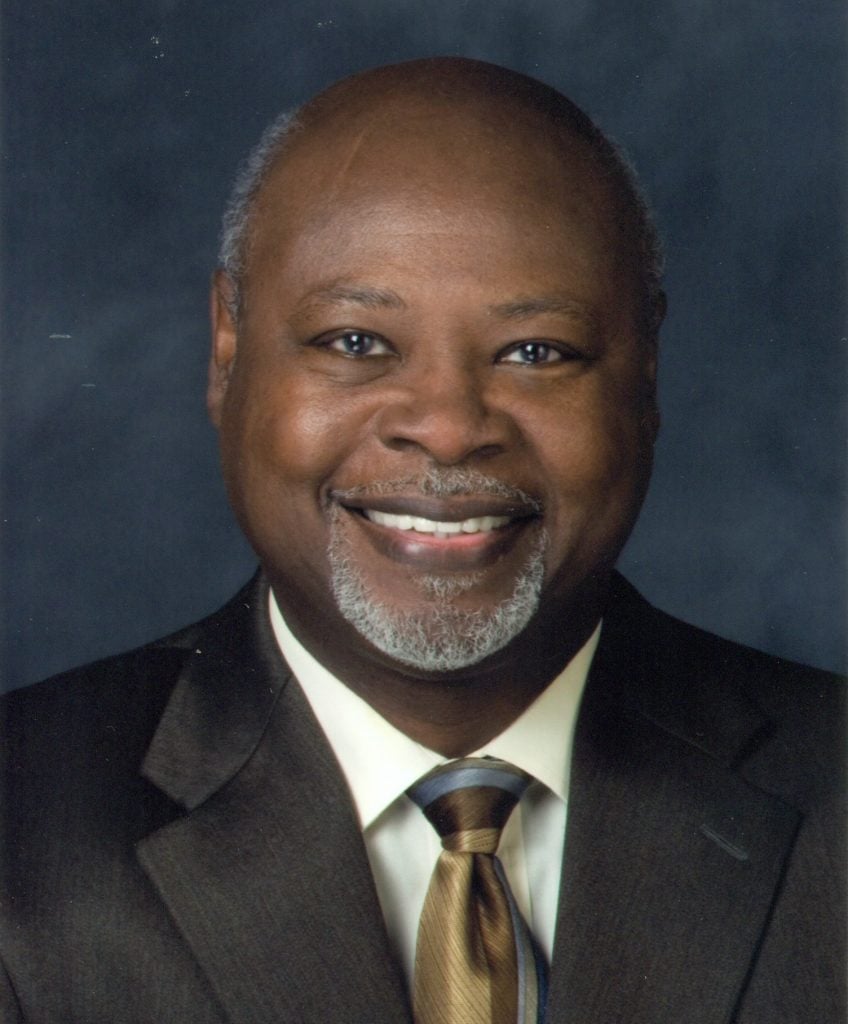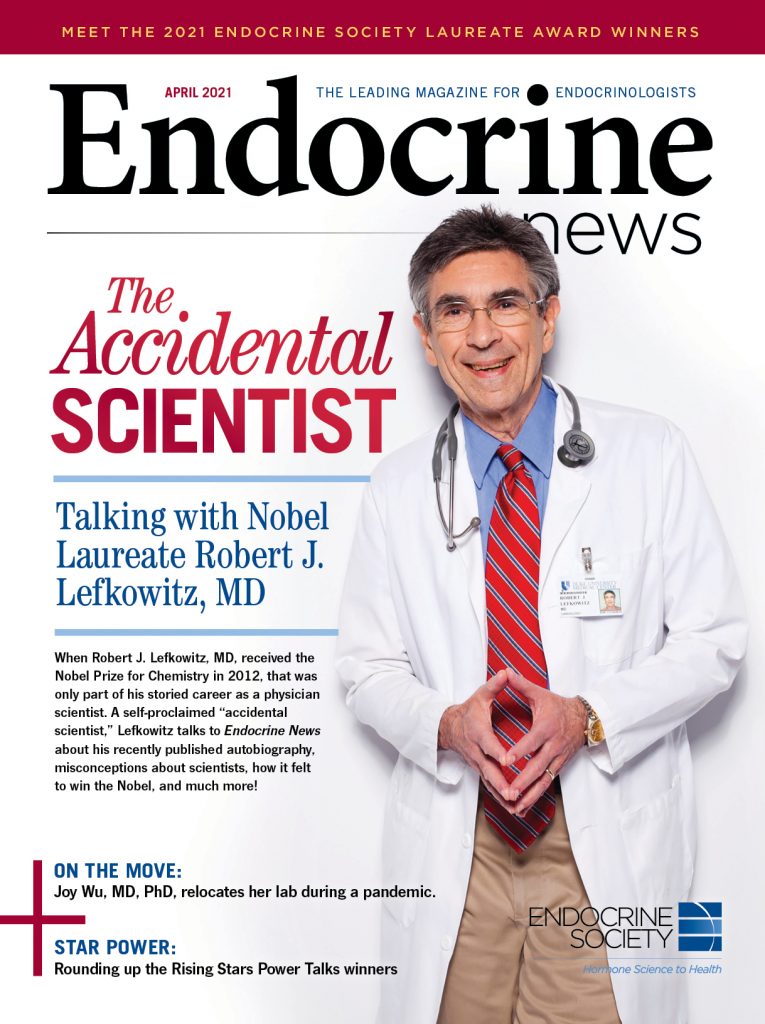Ultralow temperature freezers aren’t just for lifesaving vaccines; they’re a common piece of equipment in most research labs. Endocrine News offers up a few tips on how to decide which ULT freezer is right for your laboratory. When the U.S. Food and Drug Administration (FDA) first approved the Pfizer-BioNTech COVID-19 vaccine, the application came...
 Moving is always stressful. Just imagine factoring in social distancing protocols, adhering to California’s earthquake safety standards, and pausing your research to get it done. Joy Y. Wu, MD, PhD, talks to Endocrine News about moving her research lab at Stanford University under less-than-ideal circumstances but she and her team got it done with a...
Moving is always stressful. Just imagine factoring in social distancing protocols, adhering to California’s earthquake safety standards, and pausing your research to get it done. Joy Y. Wu, MD, PhD, talks to Endocrine News about moving her research lab at Stanford University under less-than-ideal circumstances but she and her team got it done with a... From segregated Alabama to a celebrated career, James R. Gavin, III, MD, PhD, the Endocrine Society’s 2021 Outstanding Mentor Laureate Award recipient, talks to Endocrine News about the importance mentoring and how it can make a difference for generations of others. In a career journey that began in segregated Alabama, James R. Gavin, III, MD, PhD, says he...
From segregated Alabama to a celebrated career, James R. Gavin, III, MD, PhD, the Endocrine Society’s 2021 Outstanding Mentor Laureate Award recipient, talks to Endocrine News about the importance mentoring and how it can make a difference for generations of others. In a career journey that began in segregated Alabama, James R. Gavin, III, MD, PhD, says he...Happy Accidents: Talking with Nobel Laureate Robert J. Lefkowitz, MD
 When Robert J. Lefkowitz, MD, received the Nobel Prize for Chemistry in 2012, that was only part of his storied career as a physician scientist. With a new book on the shelves – and online shopping carts – Lefkowitz talks to Endocrine News about misconceptions about scientists, what inspired him to write a book, and...
When Robert J. Lefkowitz, MD, received the Nobel Prize for Chemistry in 2012, that was only part of his storied career as a physician scientist. With a new book on the shelves – and online shopping carts – Lefkowitz talks to Endocrine News about misconceptions about scientists, what inspired him to write a book, and... Just because we’re all connected via teleconferencing software these days doesn’t mean you have to put off hiring for your lab. Here are a few tips for how to effectively recruit star performers in a virtual world. Just how the COVID-19 pandemic has changed everything about how we interact with each other this year, so...
An Appetite for Research: Q&A with Eleftheria Maratos-Flier, MD
 Endocrine News speaks with the Endocrine Society’s 2020 Roy O. Greep Laureate Award winner for Outstanding Research, Eleftheria Maratos-Flier, MD, who discusses her research focusing on obesity, challenges for female researchers, and her own goals outside the lab. Eleftheria Maratos-Flier, MD, professor of medicine at Harvard Medical School, is the recipient of the 2020 Laureate...
Endocrine News speaks with the Endocrine Society’s 2020 Roy O. Greep Laureate Award winner for Outstanding Research, Eleftheria Maratos-Flier, MD, who discusses her research focusing on obesity, challenges for female researchers, and her own goals outside the lab. Eleftheria Maratos-Flier, MD, professor of medicine at Harvard Medical School, is the recipient of the 2020 Laureate... Endocrine News takes a look at some of the latest chillers that will cool your samples as well as your lab’s operating costs. An essential tool in the research laboratory, chillers serve as a reliable cooling circuit necessary for the applications of most labs. Environmental factors such as temperature can skew research results if there...
As researchers and scientists wait out the pandemic, lessons for restarting their labs can be learned from previous disasters that put a halt to research. The devastation caused by the COVID-19 pandemic has reached every part of the globe and every industry. Countries such as France, Italy, New Zealand, and the UK have implemented some...

